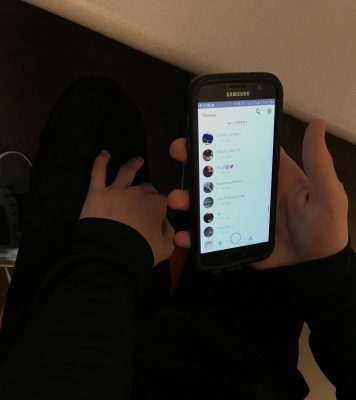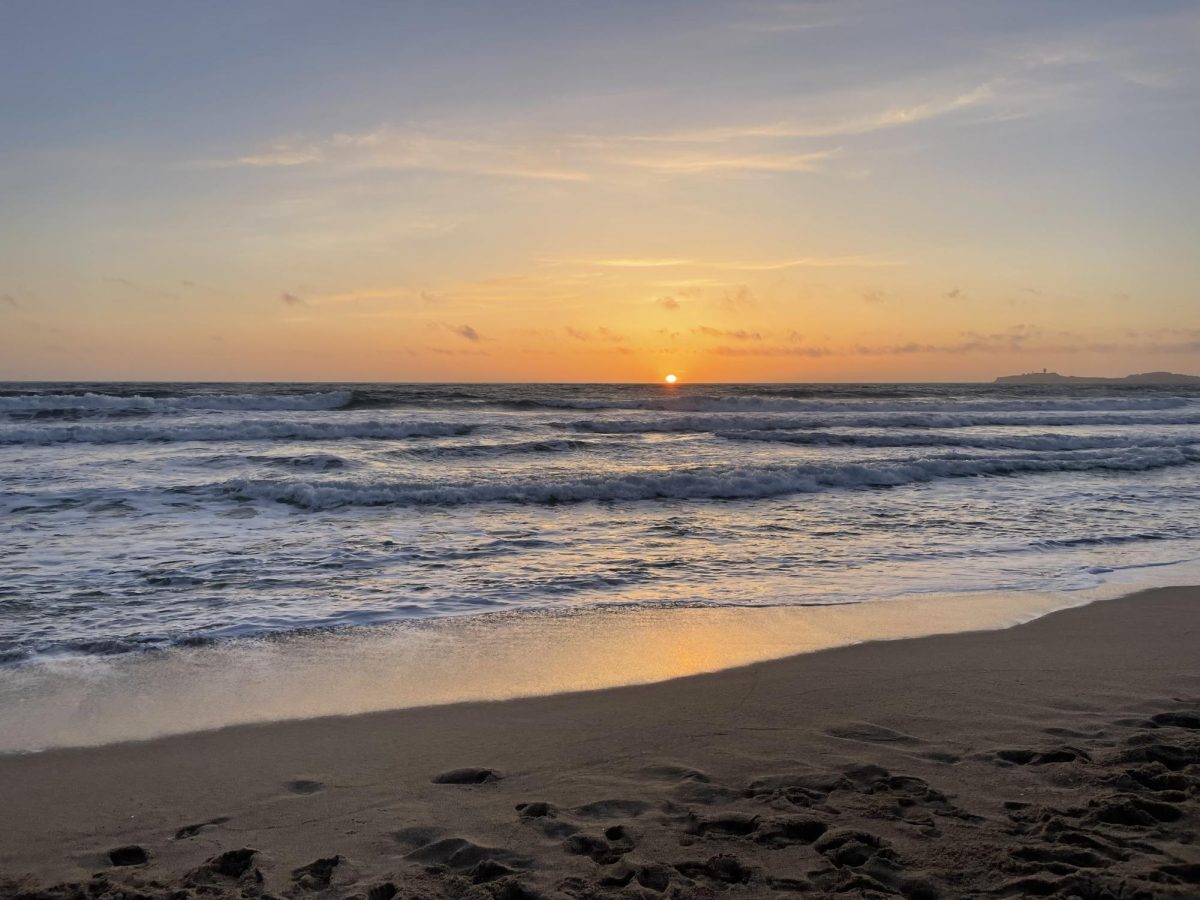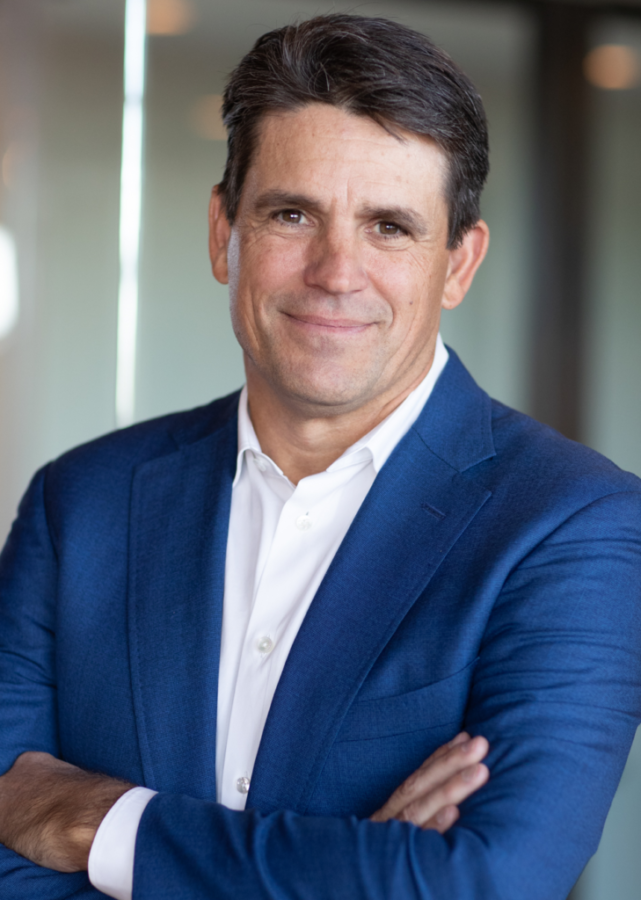At Woodside High School, constant cell phone use amongst students has prompted administration to ban Instagram and Snapchat from the school WiFi. However, their attempt to block the services may not be as secure as they hoped.
Student reactions to the restricted access were bitter and upsetting, as Snapchat and Instagram are two of the most widely used social media platforms worldwide. Locally, the ban even catalyzed a group of juniors at Woodside to propose a petition to remove the restriction and give students access to the applications while on the wifi. Gerard Dezutti, student at Woodside, was one of the many who signed the petition.
“We should be able to use social media on the WiFi; what they did was unnecessary,” Dezutti stated. “If they allow us to use our phones during lunch and brunch, they might as well let use Instagram and Snapchat.”
The restriction placed on the services was district wide, affecting Carlmont, Sequoia and Menlo-Atherton students with the same limitations.
While the district’s attempt to limit technology from WiFi restriction may seem secure, numerous students have found a way to bypass the block, giving them unbounded access over the school wifi.
According to pcmag.com, a service is blocked when it can not be reached with the iP address connected to the WiFi network. With a VPN, also known as a Virtual Private Network, it is possible to alter an iP address while staying connected to the WiFi. This results in unrestricted access to an internet connection that may have limitations. VPN’s are commonly used by corporations to protect large amounts of private information.
One student at Woodside, junior Ryan Tanner, has successfully bypassed the Instagram/Snapchat ban without any issues using a VPN. He claims it is logical and more students should know how to do it.
“Before I went to Woodside, I was at a boarding school, and our WiFi had tons of useless restrictions,” Tanner commented. “My friends didn’t believe I was able to get around [the restriction] with a VPN until I explained how it worked.”
Virtual Private Networks may seem like a hack, or a sneaky way to get around a limitation, but a VPN is completely legal and used worldwide to assist people with gaining free access to browse the Internet. To Woodside’s advantage, very few people know how to bypass the limitation.





